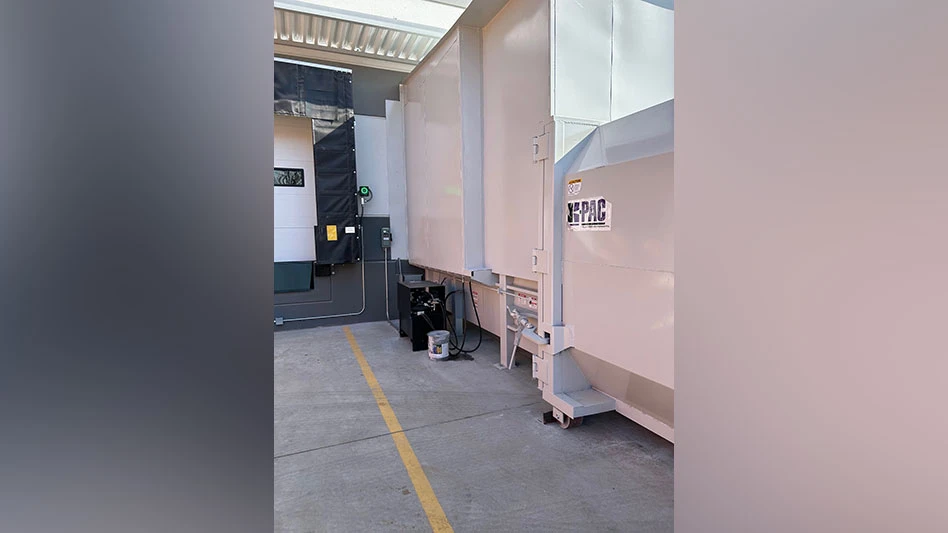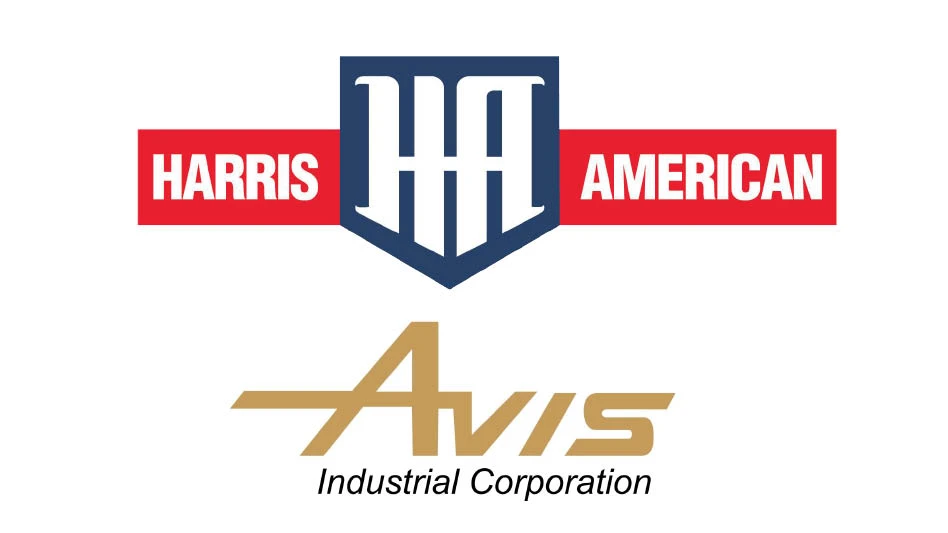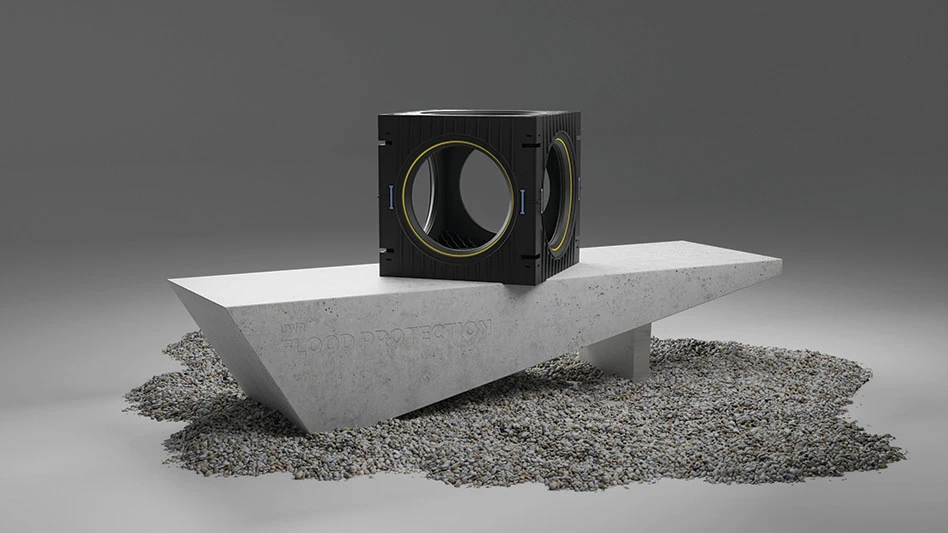
Recycling Today archives
A recycled-content electric arc furnace (EAF) steel melt shop in Singapore that operates under the NatSteel brand reportedly has been shut down for the remainder of this year.
A report by London-based commodities information service Kallanish says the owners of NatSteel plan to idle the 750,000 metric tons-per-year EAF melt shop for a full year, although the company’s rolling mills are operating.
On March 27, NatSteel reported a price of $280 Singapore dollars ($207.64) per metric ton it offers for blended Nos. 1 and 2 heavy melting steel (HMS) ferrous scrap purchases.
NatSteel on-site ferrous scrap processing system at its mill complex uses stationary shears made by European equipment providers Lindemann and Danieli Henschel.
The company says it provides steel rebar, wire and semifabricated products to the construction industry and describes itself as the largest ferrous scrap recycler in Singapore, converting 50,000 metric tons of regionally generated material monthly into steel bars each month.
According to a timeline on its website, the current EAF technology was installed at the NatSteel site in 1997. The company, incorporated as National Iron & Steel Mills Ltd., was founded in 1961.
India-based Tata Steel bought a controlling interest in NatSteel in 2005. Then in 2021, the Tata Steel stake was sold to TopTip Holdings, a Singapore-based trading firm that is part of China-based Zenith Steel.
The Kallanish report quotes regional industry sources who indicate the NatSteel melt shop was having difficulty producing steel at a margin that could compete with imported finished or semifinished rebar or billet that can be fed to the NatSteel rolling mill. The report indicates affected workers can seek a transfer or a voluntary exit package.
Earlier this month, the Steel Committee of the Paris-based Organization for Economic Cooperation and Development (OECD) released its latest in a series of reports decrying what it considers severe overcapacity in the global steel sector, with much of it resting in China.
The authors of the OECD report said the committee had reviewed its latest subsidy monitoring work, concluding that "significant Chinese subsidization in 2024, including grants, tax incentives, differentiated electricity pricing and below-market borrowing to steel companies in China and other countries, will worsen steel excess capacity problems and trigger further trade disruptions for steel committee members going forward.”
Last year, the secretary general of the South East Asia Iron and Steel Institute (SEAISI), based in Malaysia described a situation in that part of the world that portrayed a widespread shift away from EAF production toward the use of coal and iron ore in blast furnace/basic oxygen furnace (BOF) production.
Sponsored Content
Still relying on manual sorters?
Let AI do the heavy lifting. Waste Robotics delivers reliable, high-performance robots tailored for complex waste streams. They require minimal maintenance, are easy to operate, and are designed to boost your recovery rates. Smarter sorting starts with the right partner. Waste Expo Booth #1969 & REMA #2843
Click here to see our robots in action!The association’s Yeoh Wee Jin does not mention Chinese company activity specifically. But a 2020 report from the Yusof Ishak Institute in Singapore portraying Chinese steelmaking capacity installed or planned in Southeast Asian countries includes investments in: Malaysia (15.5 million metric tons per year, or tpy); Indonesia (9.5 million tpy); the Philippines (18 million tpy); Cambodia (3.1 million tpy); and even troubled Myanmar (4 million tpy).
Get curated news on YOUR industry.
Enter your email to receive our newsletters.
More from our latest newsletter
- Japanese scrap can feed its EAF sector, study finds
- Aurubis CEO says its metals play vital role
- LME reports healthy trading volumes in Q1
- Longtime paper industry veteran announces retirement
- International Paper in talks to divest 5 European box plants
- Study looks at potential impact of chemical recycling on global plastic pollution
- Recycled PP from Polykemi, Rondo Plast used in flood protection product
- LYB publishes 2024 sustainability report









